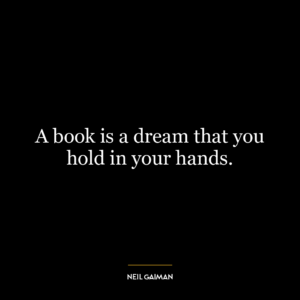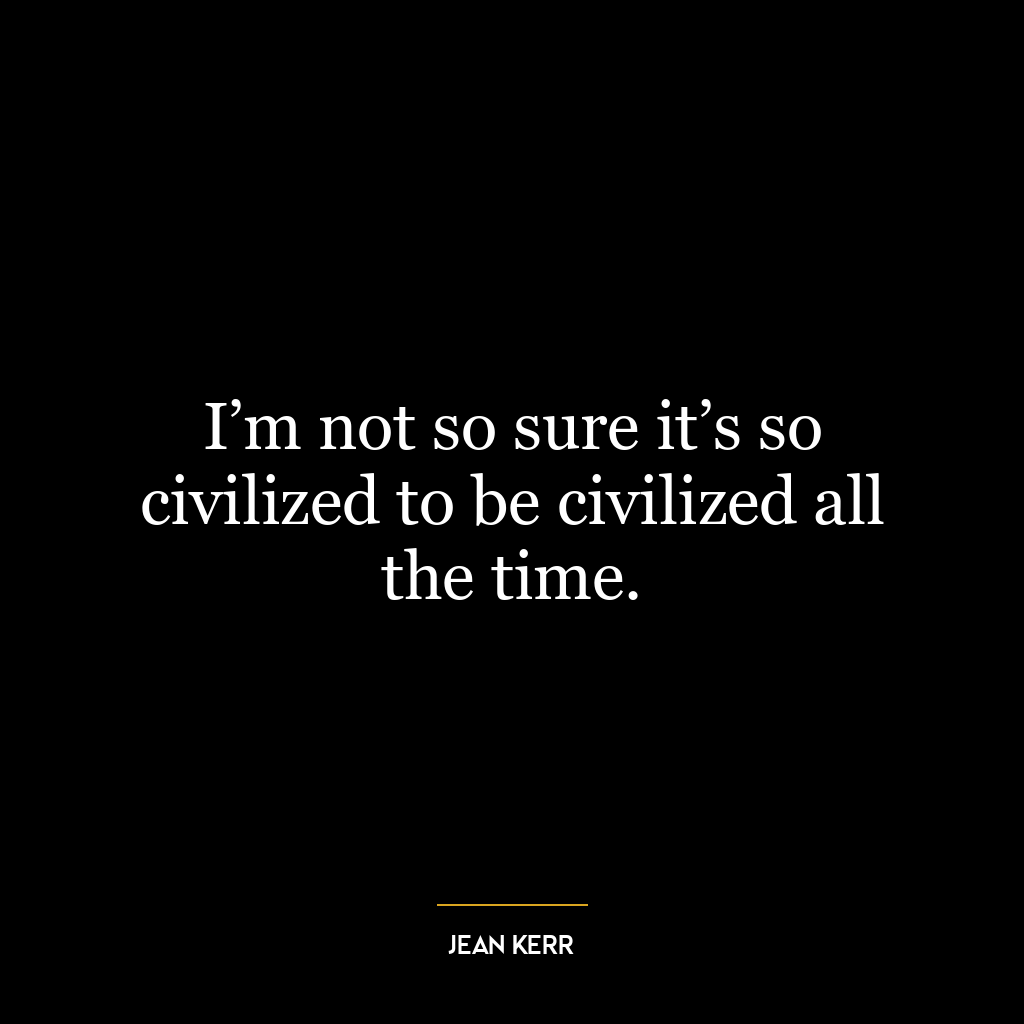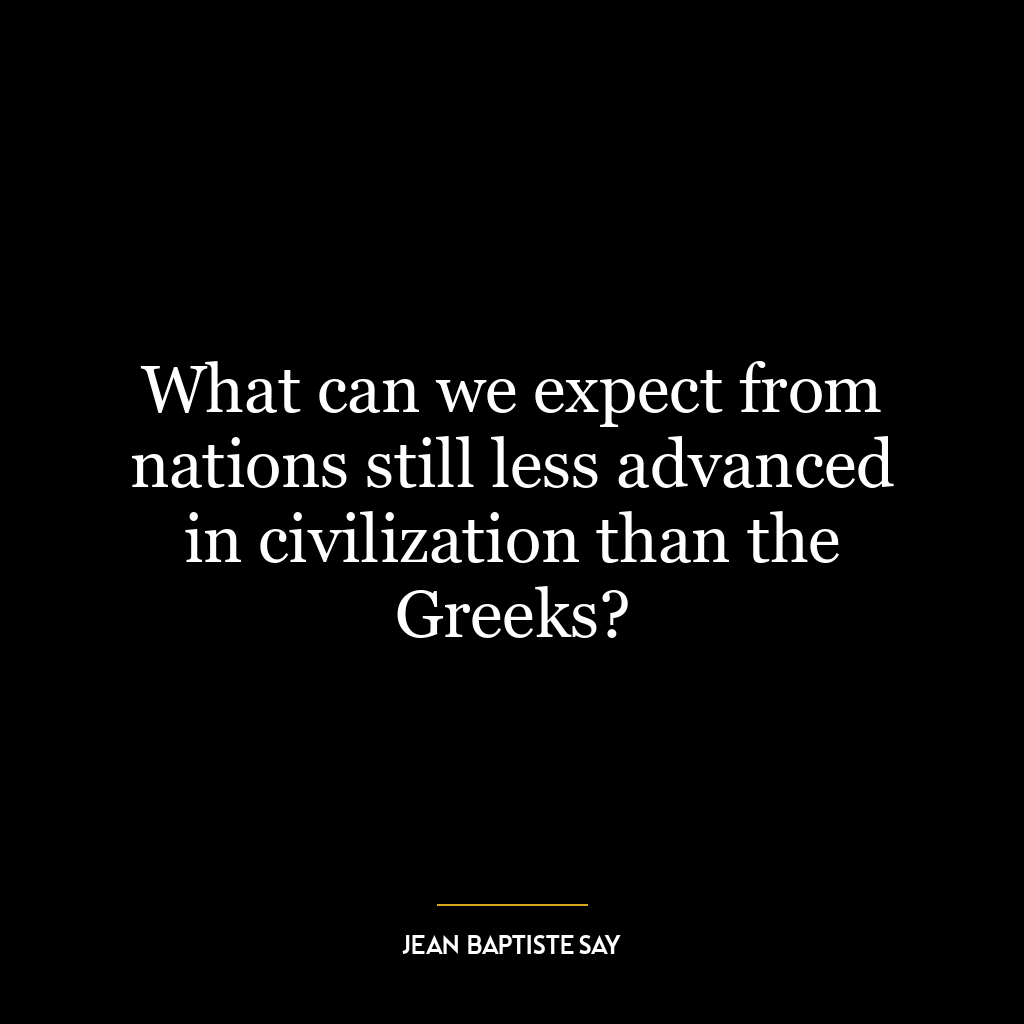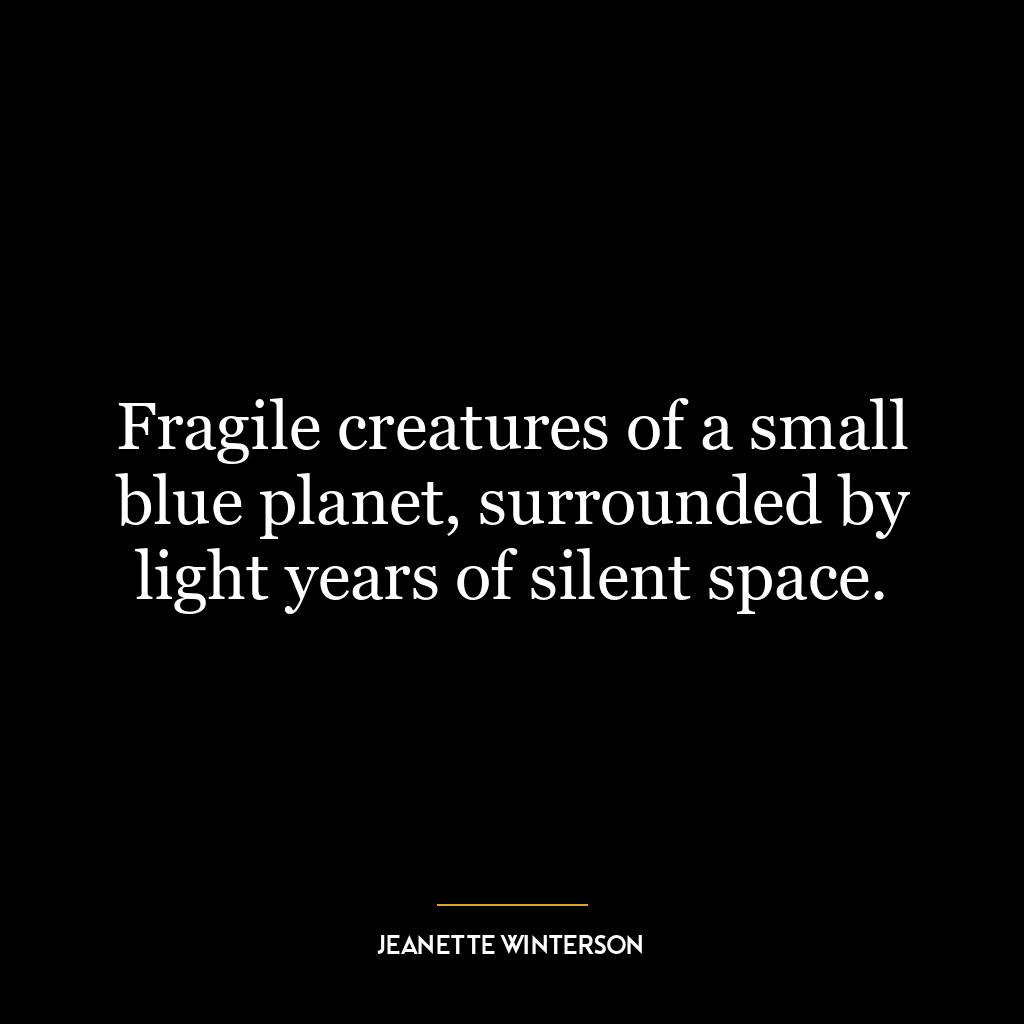This quote suggests that the thin veneer of civilization, the rules and norms that dictate our behaviors, is fragile and can easily be stripped away. The 24 hours and two meals metaphor is a way of saying that without the basic necessities for survival, such as food and shelter, humans could quickly revert to a more primal, barbaric state. It’s a reminder of how precarious our societal structures can be, and how quickly they can unravel under the right circumstances.
The quote points to the inherent tension between our civilized selves and our more primitive instincts. It serves as a warning that the comforts and conveniences we take for granted are not as secure as we might think. It also underscores the importance of social constructs like law, order, and mutual cooperation in maintaining the civility of society.
In today’s world, this idea could be applied in various scenarios. For instance, in times of crisis such as natural disasters, wars, or pandemics, we often see societal norms being tested. The panic buying that occurs during these times, where people hoard resources without regard for others, is a clear example of this. It shows how quickly people can disregard the common good and resort to self-preservation when faced with uncertainty or threat.
In terms of personal development, this quote can serve as a reminder of the importance of empathy, cooperation, and mutual respect. It suggests that we should not take our societal structures for granted and should actively contribute to maintaining them. This could be through acts of kindness, volunteering, or simply by respecting the rights and needs of others. It also emphasizes the importance of resilience and adaptability in the face of adversity. By understanding that civilization is not a given, we can better prepare ourselves for potential challenges and crises.










